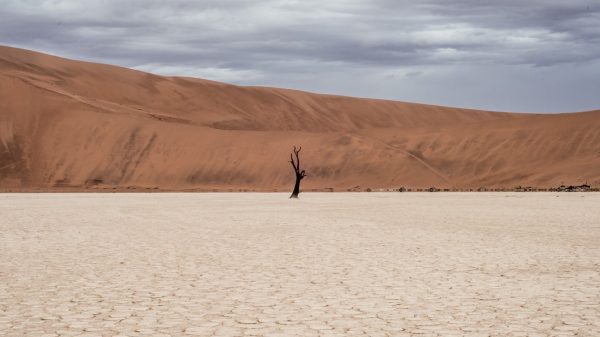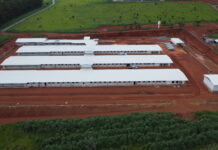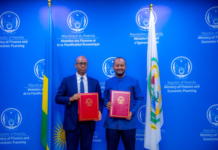“Agriculture is the first victim of climate change, since agricultural activities take place outdoors and must adapt to the extreme weather events that have now become quite usual”. Clear words from Luigi Sartori who, answering the questions of Davide Gnesini, head of technical service FederUnacoma, in a live-streamed event from EIMA 2024, stressed how the main causes of this phenomenon can be attributed to manmade carbon emissions.
The effects on agricultural systems are multiple and worrying. First of all, soil erosion and degradation are caused by intense rains, which wash away fertile layers. In addition to this, the release of CO2 from the soil during the mineralization processes of organic matter further contributes to the worsening of the climate crisis.
Faced with this scenario, the expert describes the need to adopt solutions and strategies for adaptation. Among these, conservative and precision agriculture techniques stand out, capable of preserving the structure and fertility of the soil, as well as the use of machinery and digital technologies to optimize the use of resources such as water and fertilizers.
Another crucial aspect, added Sartori, is the selection of crop varieties that are more resistant to climate change, through genetic improvement. This path, according to the expert, plays a fundamental role in allowing crops to gradually adapt to new environmental conditions.
Finally, there is concern about the risk of desertification looming over some European areas, such as Sicily and Apulia, where erosion and the loss of fertile soil are irremediably undermining the productive capacity of the territories.








